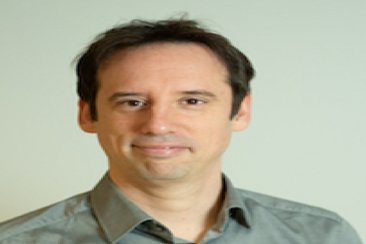
Paolo Ceppi
University of Southern Denmark
Host:Saverio Tardito
Programm
“Contact-based transfer of thymidylate promotes collective tumor growth”
Lung cancer, particularly non-small cell lung cancer (NSCLC), remains one of the most lethal malignancies, with a poor prognosis despite significant advancements in targeted therapies and immunotherapy. Our study investigates nucleotide metabolism and challenges the paradigm of conventional cancer therapies, which predominantly focus on targeting cancer cells in isolation while often overlooking the complex dynamics of the tumor microenvironment (TME). Although immunotherapies have begun addressing broader environmental interactions, a critical gap persists in understanding how cancer cells collaborate within the TME to sustain growth and evade treatments. Our findings introduce a novel concept: many cancer cells exploit the TME to share thymidylate (dTMP), an essential precursor for DNA synthesis, rather than producing it autonomously.
Using a combination of in vitro studies and a genetically engineered mouse model of NSCLC, we have validated this dTMP-sharing mechanism and identified the molecular pathways facilitating its exchange. These results illuminate a previously unrecognized mode of metabolic cooperation among cancer cells within the TME.
This concept of collective tumor growth not only reframes our understanding of cancer as a cooperative rather than solely competitive system but also reveals new therapeutic vulnerabilities. By disrupting these shared metabolic networks, we can develop strategies to hinder tumor progression and enhance the efficacy of existing treatments for lung and other cancers.
About the Speaker
Paolo Ceppi is an Associate Professor of Cell Biology at the University of Southern Denmark and Head of the Translational Cancer Hub. He holds a PhD in Cancer Pathology from the University of Turin and conducted postdoctoral research at Northwestern University. His research focuses on cancer metabolism, drug resistance, and tumor plasticity, aiming to develop novel therapeutic strategies. He has received major grants from the Danish Cancer Society and DFG and has given invited talks at institutions such as UPenn, MUSC, and DKFZ.
